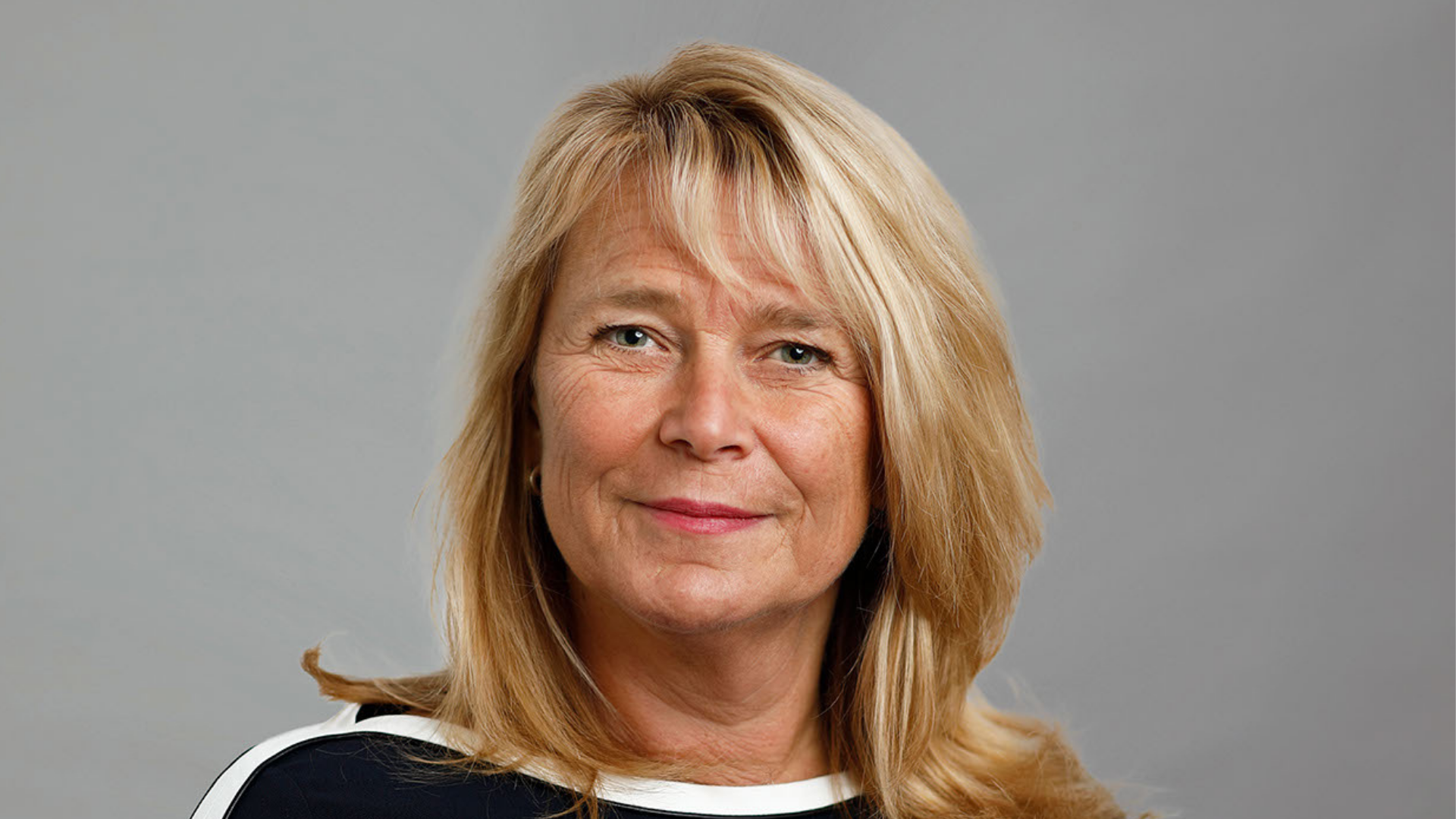Magdalena Gerger is one of Sweden’s most prominent business leaders, with several decades of international and operational experience – including as CEO of Systembolaget, Division Head at Nestlé in London, and senior roles at Arla. In parallel, she has pursued a long and active career on various boards, often within complex and globally operating companies. Her career shows that genuine engagement, constant curiosity, and the courage to seize opportunities create a foundation for sustainable and business-driven board work. Magdalena’s professional and business-oriented view of boards is both inspiring and guiding in a time where adaptability and diversity have become critical success factors. We spoke with her for a conversation about professional board work and diversity – and the value of daring to seize the opportunities that arise.
How did your board career begin, and what has been crucial for your development?
“I’ve always been driven by being at the heart of a company’s journey – to be able to influence and contribute to reaching its goals. After studying at the Stockholm School of Economics, I started in the consultancy industry but quickly felt the urge to work in a larger context where I could engage in something that truly affects people’s daily lives. That led to roles in industrial companies, food, home, and household products – areas closely connected to people.
I had the privilege of working abroad for many years, especially in London. That gave me an international perspective that has deeply shaped me, and working in multinational companies is incredibly educational. These companies had high demands but also invested in their employees, which gave me the opportunity to become a manager at the age of 30 – starting in marketing and later as Division Head at Nestlé in London. After that, I transitioned to Arla in the Nordics and then moved on to become CEO of Systembolaget. It was during my time at Arla that I began working simultaneously on boards – first within internal group companies, then on external boards. My first more independent and strategic assignment was with IKEA, which was incredibly inspiring. Board work complemented my operational roles for many years in a meaningful way, and I’ve always seen it as an opportunity to learn.”
What are the most important qualities for building effective and value-creating board work, in your view?
“For me, strong board work is about combining knowledge with openness, discussion, and reflection. There must be a transparent and honest dialogue with management – without it, you can’t fully understand the business or the situation. Board work is perishable, so you have to listen, ask the right questions, seek feedback, and be present. Simply acting as a supervisory body isn’t enough – you need to contribute, evaluate, and collaborate to create value.
I also believe that boards need to focus more on how we function as a group – not just on individual competence. If everyone thinks alike, that’s often where failure begins. In certain settings, achieving a functioning dynamic has been a real challenge – how we work together, how we build trust – that cannot be underestimated. Board work is highly interpersonal, and while the competence in the room may be high, it’s the interaction within the board and with management that determines the outcome.”
You are a strong advocate for boardroom diveristy. What’s your view on board recruitment today?
“There’s still a lot of work to be done. Many boards are male-dominated and built on long-standing, established networks. That’s why we must help open up these networks – not just for women, but for diversity in general. More recruiters need to work professionally with clear profiles and dare to challenge the requirements. For example, if you set CEO experience from a listed company as a requirement, it automatically excludes many competent candidates – especially women. That’s not always the best indicator of future contributions to a board.
I believe boards should work more purposefully with composition – to truly think through what competency profile is needed from a business strategy standpoint. Once that’s clearly identified, finding the right person isn’t actually that hard. It’s the structure and process that often fall short.”
What advice would you give to someone looking to take their first steps into board work?
“Take it one step at a time. Your first board role might not be at a listed company – but entering the right arena is more important than the size or visibility. Look at pro bono opportunities, industry organizations, charitable groups – places where you can make a real contribution and simultaneously build an understanding of board dynamics and formalities. Seek out strong networks and environments where you can both contribute and grow – there’s a lot to gain from that. I’m proud that I took the chances I was given. Sometimes you get opportunities before you feel fully ready, but my advice is to trust that those who see potential in you also share responsibility for making it a good experience. Most importantly: build experience with core business. Specialized expertise is great, but it’s breadth and understanding of how a business operates in practice – P&L responsibility, leadership, customer focus – that make you relevant in the boardroom.”
